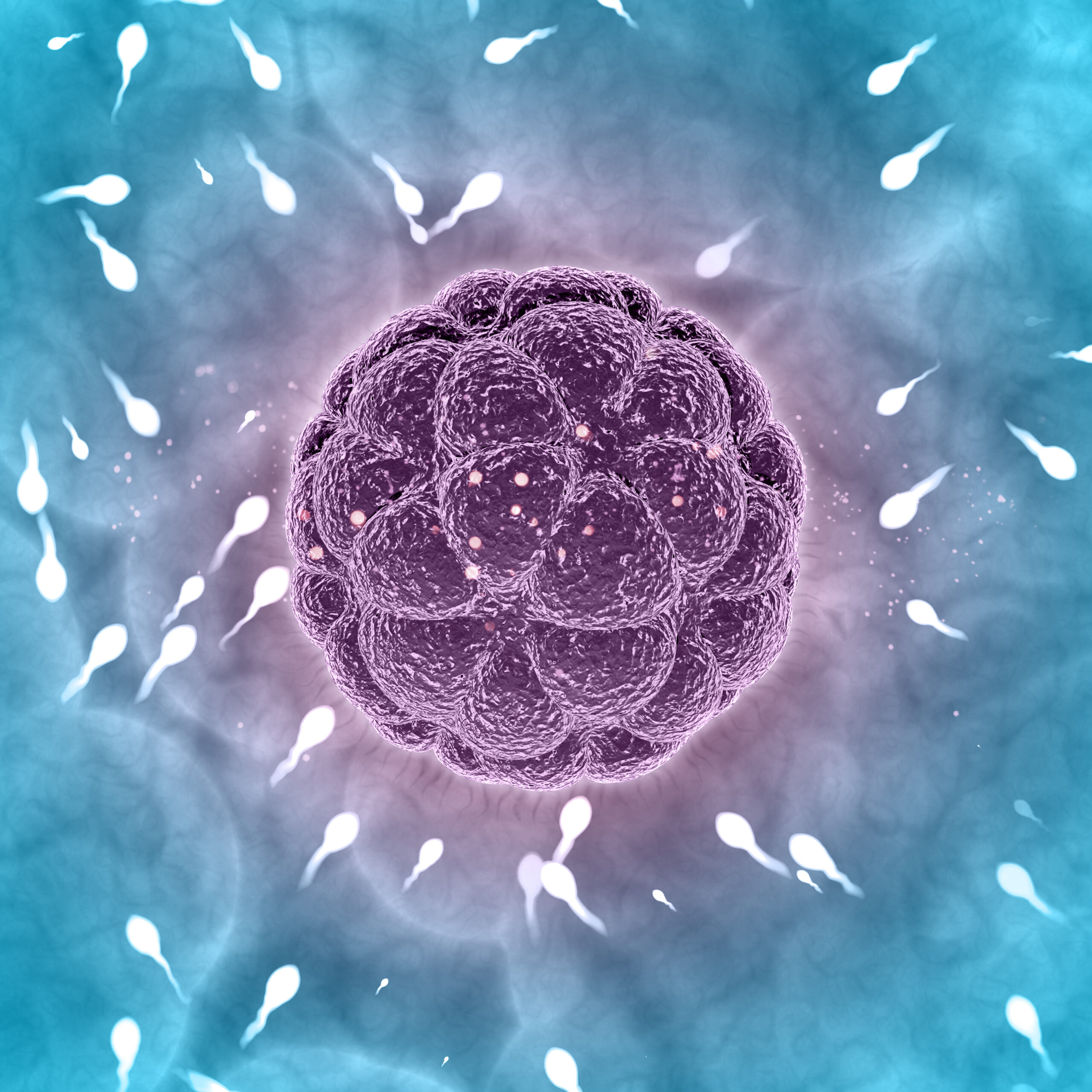Cantaloupes, a delicious and refreshing fruit, have recently been associated with a multistate outbreak of Salmonella infections. The Centers for Disease Control and Prevention (CDC), along with public health officials and the U.S. Food and Drug Administration (FDA), conducted a thorough investigation into the outbreak that affected hundreds of people across 44 states. While the outbreak is now over, it’s crucial to understand the potential risks, especially for pregnant individuals.

Salmonella and Pregnancy:
Pregnancy is a sensitive time, and concerns about the impact of Salmonella on both the expecting mother and the baby are valid. Here are some key points to consider:
- Miscarriage Risk:
- While miscarriage can occur in any pregnancy, there have been case reports linking Salmonella bacteria to infections of the amniotic fluid. These infections are rare but can be serious and may lead to miscarriage. If you suspect an infection, it’s crucial to contact your healthcare provider promptly.
- Birth Defects:
- The background risk of birth defects in any pregnancy is 3-5%. Salmonella infection has not been typically associated with an increased chance of birth defects. However, vigilance and medical attention are essential to monitor and address any concerns.
- Pregnancy Complications:
- Salmonella infection, if severe, can increase the risk of complications during pregnancy. This may include a higher chance of preterm delivery and restricted fetal growth. In rare cases, Salmonella can lead to bacteremia, creating an unhealthy environment in the uterus and potentially resulting in fetal loss.
- Long-Term Problems for the Baby:
- While rare, Salmonella infection can be transmitted from the pregnant person to the baby. Infected babies may experience symptoms such as fever and diarrhea at birth. In severe cases, Salmonella can lead to sepsis or meningitis, potentially causing long-term problems if not promptly treated with antibiotics.
Breastfeeding and Salmonella:
- There is a reported instance of Salmonella transmission through breastfeeding. However, in most cases, breastfeeding does not need to stop if the breastfeeding individual has Salmonella. Consult with healthcare providers to discuss breastfeeding during Salmonella infection and appropriate treatment.
Salmonella Infection and Fertility:
- Salmonella is typically contracted through contaminated foods or animals, but it can also be passed from person to person. If infected, practicing thorough hand hygiene is crucial to reduce the risk of transmission. While Salmonella may not directly impact fertility, taking precautions is essential to protect both partners.
Cantaloupes and Salmonella
Cantaloupes and Salmonella have been at the center of a recent outbreak, emphasizing the importance of understanding the risks, particularly for pregnant individuals. By staying informed, seeking timely medical attention, and following proper precautions, individuals can navigate these concerns and prioritize the health and well-being of both themselves and their babies.





